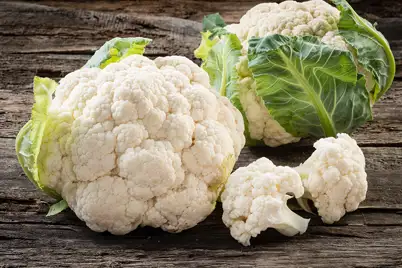1. Clean up Your Garden
Remove any dead plants, weeds, and debris from your garden beds. This will help prevent pests and diseases from taking hold during the winter.
2. Enrich the Soil
Most vegies prefer a spot in full sun with well-drained soil. Before planting your winter vegetables, enrich your soil with organic matter, like Yates Dynamic Lifter Soil Improver & Plant Fertiliser. This helps to improve soil structure, fertility, and water retention, providing a healthy environment for your plants to thrive.
3. Sow Seeds or Plant Seedlings
There are many benefits of growing your own seedlings, including being able to economically grow as many seedlings as you need, when you need them. It's also immensely satisfying to watch a tiny seed develop into a young leafy seedling.
Many vegie seeds, such as Broccoli, Cabbage and Cauliflower, are best sown into punnets or trays (rather than sown direct into the soil), and then transplanted into their final home when they're around 5 cm tall.
To grow your own seedlings, fill punnets or trays with Yates Specialty Potting Mix Cuttings & Seeds and firm down. Sow seed at the depth indicated on the seed packet.
It's important to keep the mix consistently moist, but not wet, until the seeds have germinated and the seedlings are established. They're ready for transplanting once the roots are well-developed.










